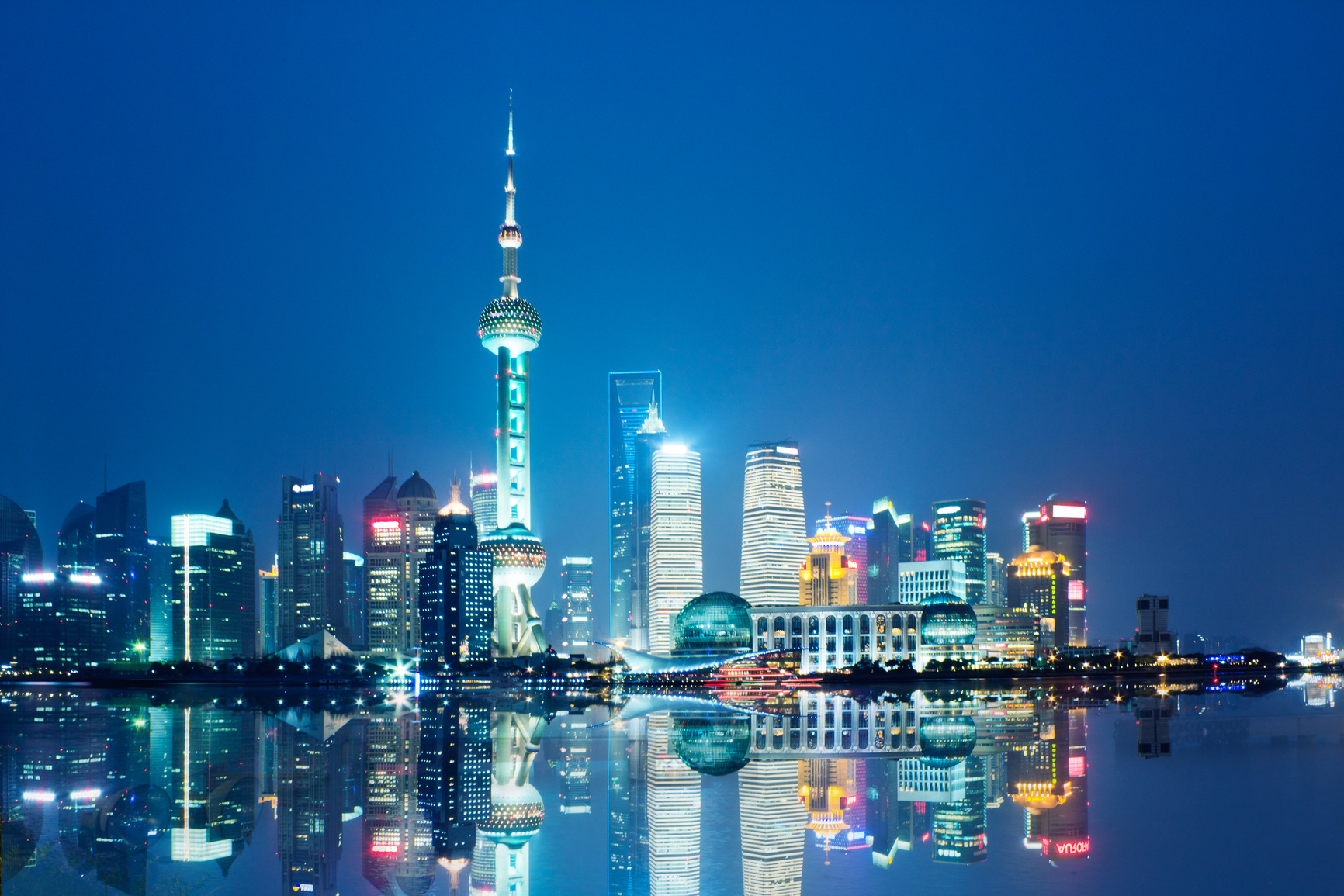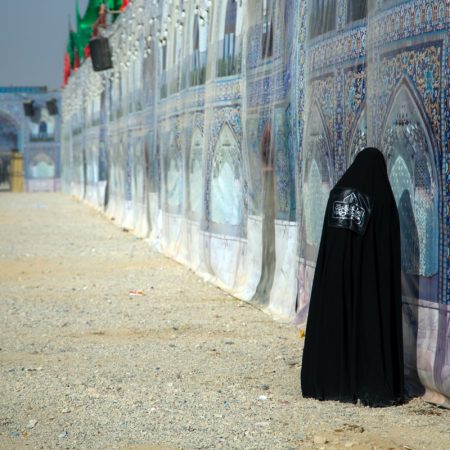Human Rights in Eastern Turkey
By Geoffrey Cook, Muslim Media News Service (MMNS)
Berkeley–Serdar Sengal, the Human Rights Director of a major Eastern (Kurdish) city, Diyarbakir, came almost unannounced to the Berkeley campus of the University of California a month ago.
Turkey has been playing a high profile game in the Western news media for the past several weeks. Yesterday there was a major riot in Ankara between the Constitutionalists (Secularists) and the Islamists.
One of the high-ranking generals (the military has always played a dominating role in the body politic of Istanbul (with several coups d’etats since 1923) has called for an invasion of Iraqi Kurdistan to wipe out the cross border rebels. Serdar stated that the Iraq war has changed the whole region.
Mr. Sengal insisted that the human rights issue in the east of Turkey must be contemplated in the light of reforms in national law that have permitted more cultural and individual freedoms. Throughout the 1980s and 1990s the Turkish government was extremely repressive, but in 2002, there was a change in the body politic.
Americans can discuss cultural and personal rights informally amongst ourselves or academically (formally), but not so before 1991 in Turkey. Before that date there was no Kurdish “problem†in Turkey. After the early 90s the Kurds were recognized as being a different although a problematic culture.
After World War I, the conquering Europeans divided the old Ottoman Empire into four succeeding States. In each of these states (Iran, Iraq, Syria, Turkey) there was a portion of Kudistan creating a Kurdish “problem†within them all–not creating a Kurdish homeland was one of the great failures of the Treaty of Versailles (1919). The Kurds were left as stateless minorities in these other nations.
The Kurds have desired to separate from these nation states and form their own homeland. All these Middle Eastern countries proclaimed unanimously from their capitals that the “Kurdish problem doesn’t exist†for most of their independent existences.
Modern Turkey was established in 1923 as a Republic, branding their Kurdish citizens as non-persons–altering their place names from Kurdish into Turkish. The Eastern provinces of modern Turkey are Kurdish, and there and as in several of the other neighboring countries, they are in active revolt. An independent Kurdish Republic was established in 1946 after World War II, but it had a short life.
After 1999 there was attempt by Ankara to solve their “ethnic†problem by recognizing new rights to their citizens in the east of the country. After ‘91 the basic issue became democracy. Not only were democratic rights demanded, but cultural rights, also. Further, the intensity of the armed struggle ended at about this period.
“The Kurds [now] have a right to speak Kurdsh†in public, but the Turks allow them only to use their tongue in a restricted manner. Further, they are only to make radio broadcasts in their local language for no more than forty-five minutes per day, and they are disallowed to talk about politics or economics in unrestricted verbal communication over the airwaves.
The Kurds cannot agree about culture or human rights amongst themselves. Sengal believes that they have to advance further than human rights and culture.
On the other hand, the Turks perceive all issues as Turkish questions. They do not wish to peer into the past–theirs nor those of their national minorities. Yet Turkish democraticization cannot be separated from Kurdish freedoms, but the Kurdish establishment finds its empowerment through Ankara. Kurdish Turkey covers a decent part of Anatolia, and the strength of Turkey lies within Asia Minor that includes Turks and Kurds. Here, “The Turks must be liberated from themselves!â€
However, the Turks won’t listen to the Kurds. “It is not possible [within] Turkish society.†At the same time, “The Kurds lack a language to know the Turks…There is a male logic to all this.†Therefore, “Kurdish woman have to democratization,†too, as part of the solution. In Western terms there is a feminist dilemma, too.
The “problem†we have been discussing, is, additionally, a class-based issue that has to be de debated between all stakeholders, as well. The issue is not societal as much as economic underdevelopment.
9-17















2007
879 views
views
0
comments